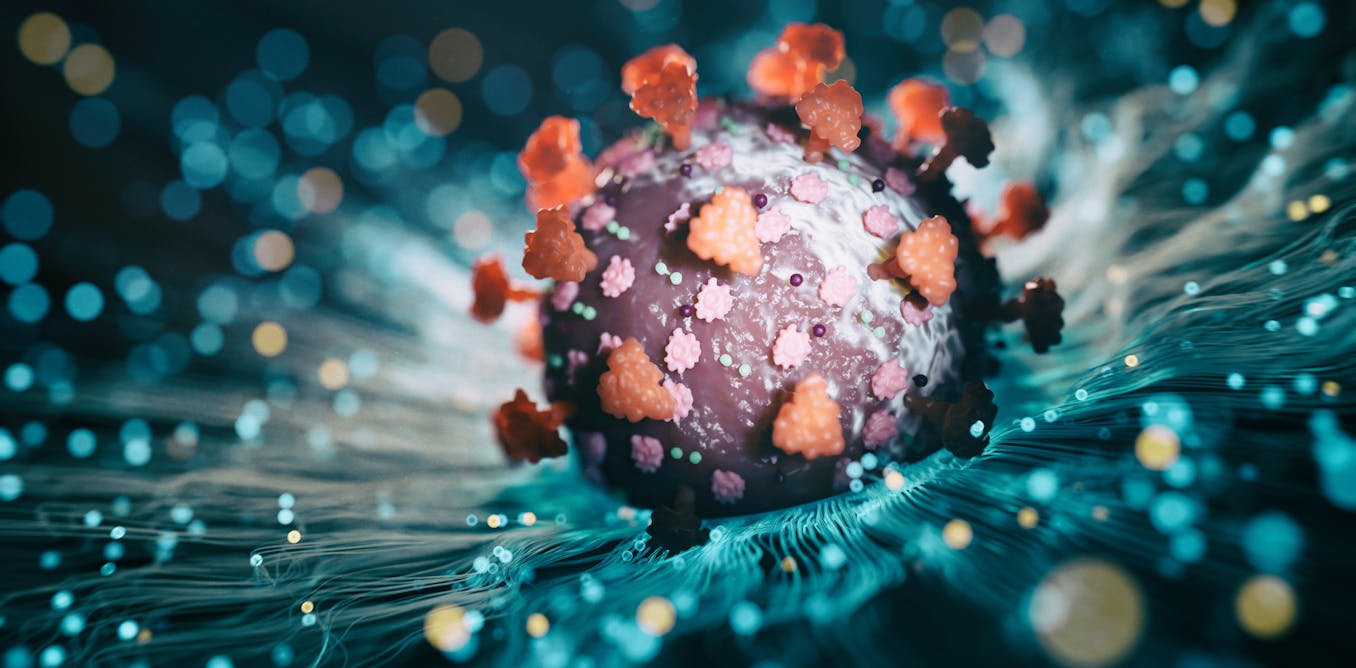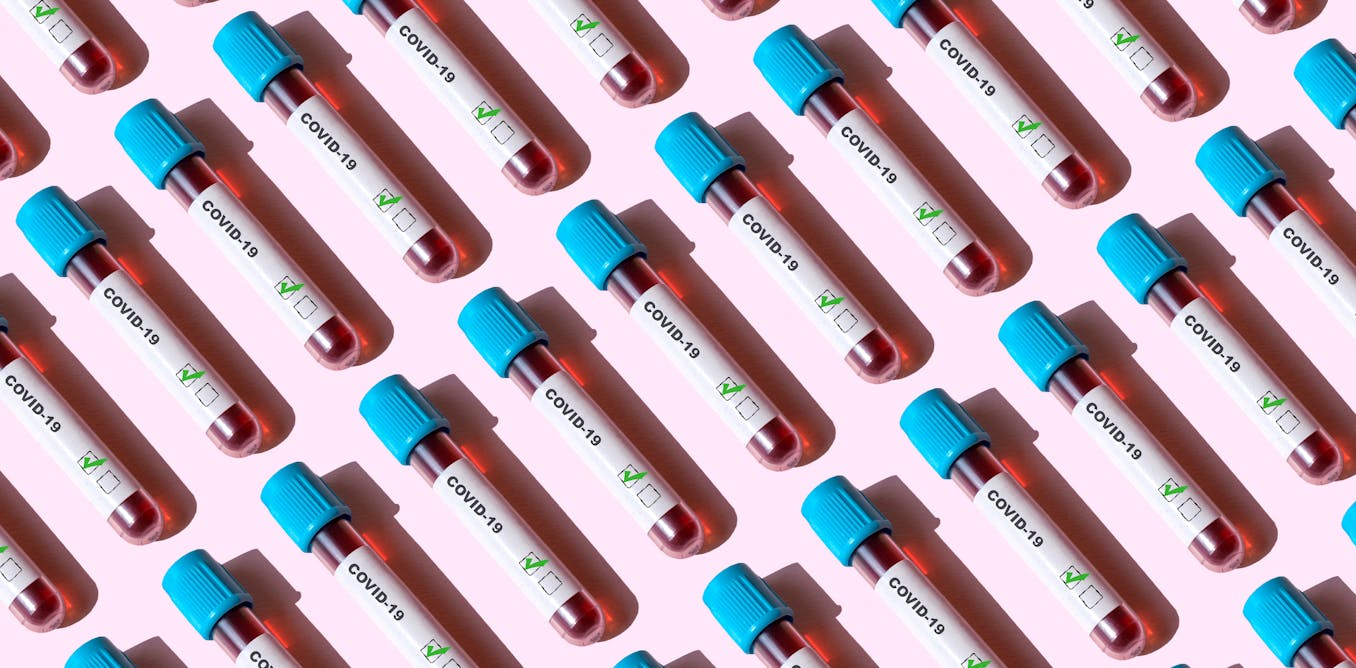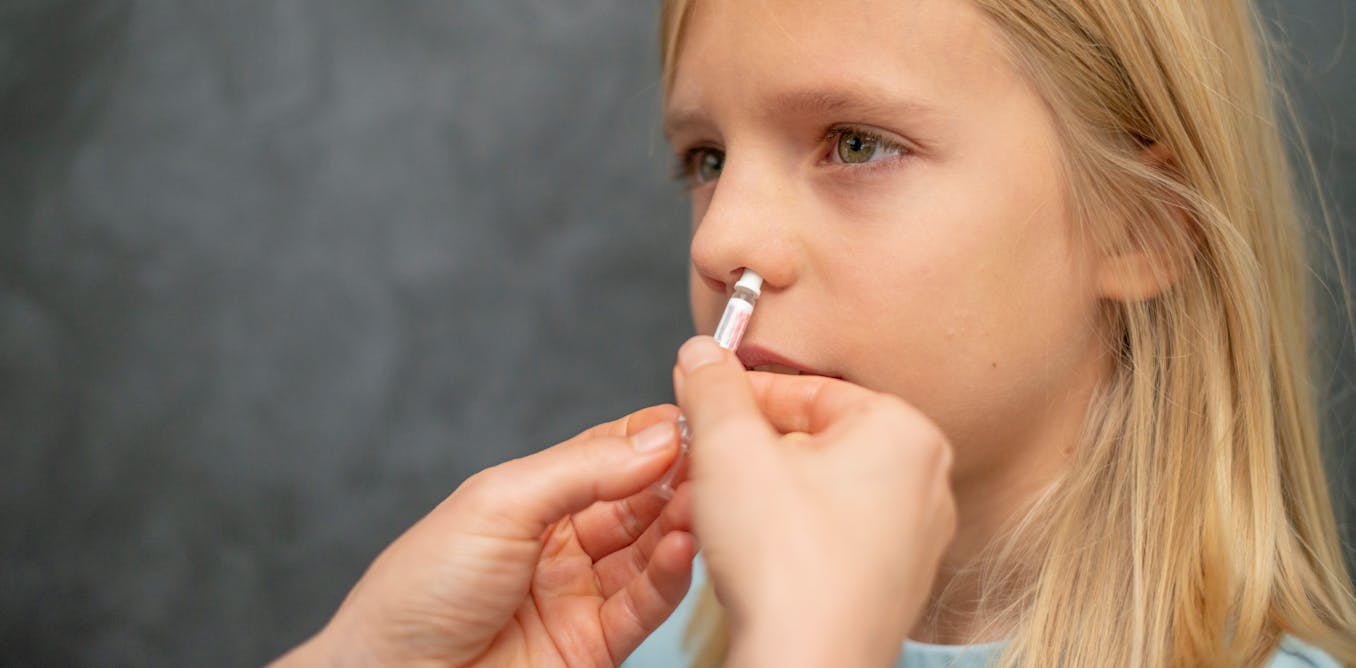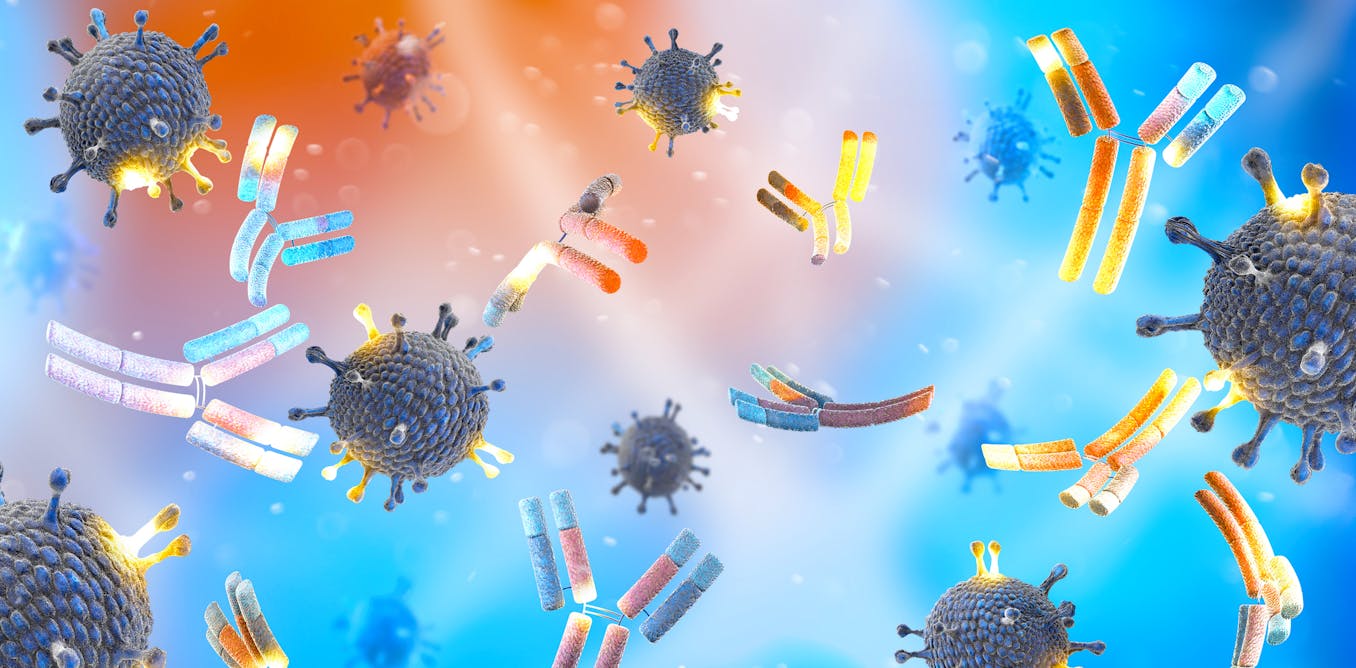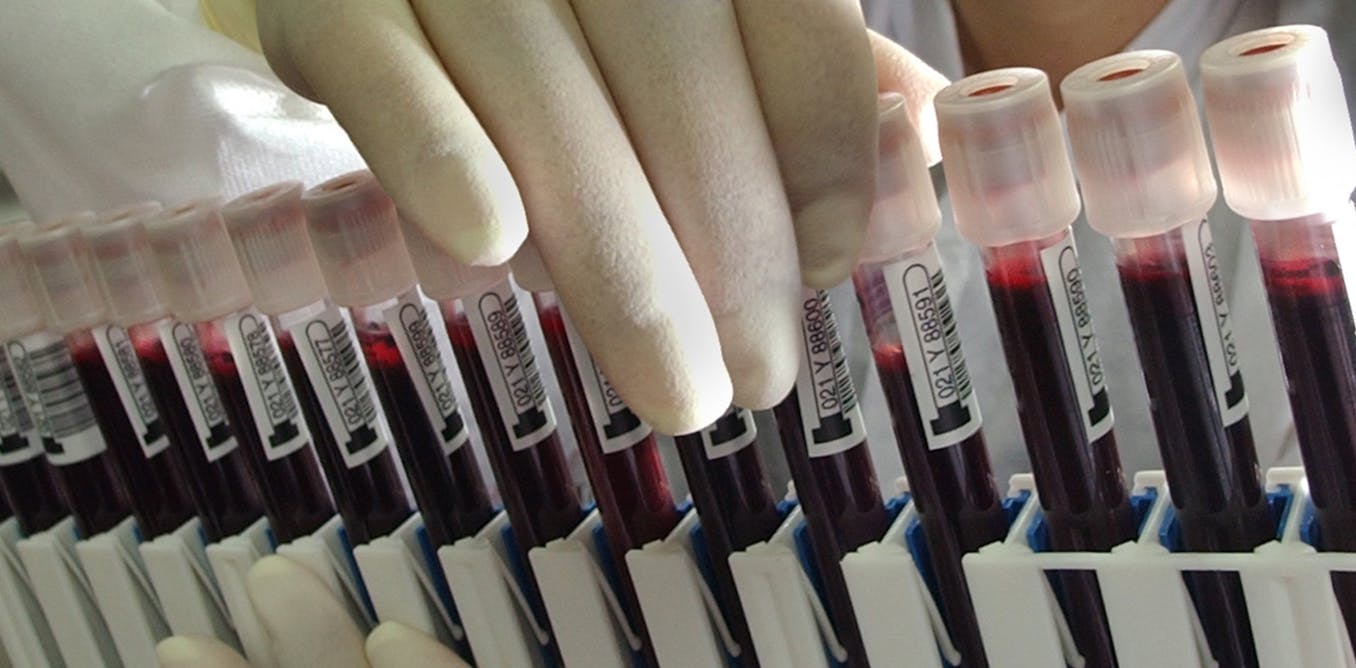How do viruses get into cells? Their infection tactics determine whether they can jump species or set off a pandemic
Viruses can get into cells in several ways. Figuring out how to stop them from entering in the first place is a key to developing better vaccines and stopping future pandemics.
Nov. 21, 2023 • ~6 min

